
Introduction to Ataxia
Ataxia is a condition in which a person experiences a lack of coordination of the muscles during voluntary movements such as walking.
It is the sign of another underlying condition that is usually causing it and affecting the individual and it can alter a person’s movements, speech, even eye movements and the ability to swallow food.
It usually is a result of damage to the brain, the cerebellum more specifically, which is the area of the brain that controls the coordination of the body’s muscles.
Things that can cause ataxia include alcohol abuse, strokes, tumors and multiple sclerosis.
It can also be inherited genetically.
The treatment of the condition depends on what the underling cause of it is. Usually, some sort of physical therapy will be required.
Symptoms of Ataxia
Depending on the cause, ataxia can affect a person either over a slow period of time or suddenly.
Some of the obvious symptoms of the condition include poor coordination, trouble walking, trouble eating or writing and using the hands generally, changes in speech, trouble swallowing and involuntary and abnormal eye movement.
When a person notices that they have a hard time keeping their balance, walking, talking or swallowing, they need to contact a doctor immediately.
Ataxia Causes
When nerve cells in the cerebellum portion of the brain are damaged, it will lead to a person having less control of their muscles and general coordination.
There are many diseases and conditions that can damage the spinal chord and nerves that are connected to the cerebellum.
Some things that can cause ataxia include serious head trauma, strokes, a transient ischemic attach, cerebral palsy, multiple sclerosis, chickenpox, tumors, toxic reactions, or hereditary issues.
Treatment for Ataxia
There is really no treatment available that will specifically cure a person’s ataxia. Usually, the best course of action is to have a doctor diagnose what is causing the problem and then to treat that underlying cause.
If the ataxia results from a fleeting condition such as chickenpox or some other type of viral infection, then it will probably go away on its own over time.
However, in other cases, the doctor may recommend either therapies or adaptive devices to help with the problem.
Adaptive devices that can be used include devices that will help a person to walk, such as canes or walkers. There are also modified utensils available on the market that will help a person who has suffered a loss of coordination to eat on their own.
Communication aids for speaking can also be bought to help someone out who is having speech problems. Physical, speech or occupational therapy can also be recommended to help deal with the problem.



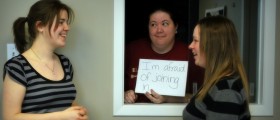
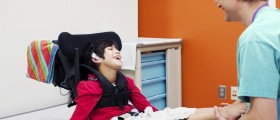

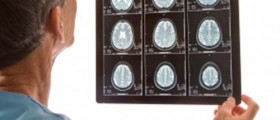

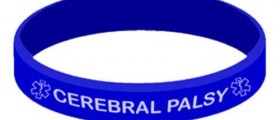

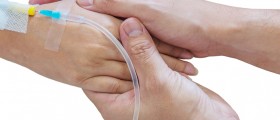



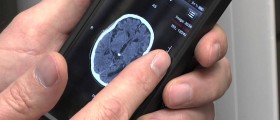

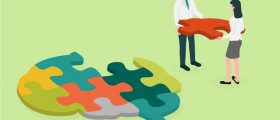
Your thoughts on this
Loading...